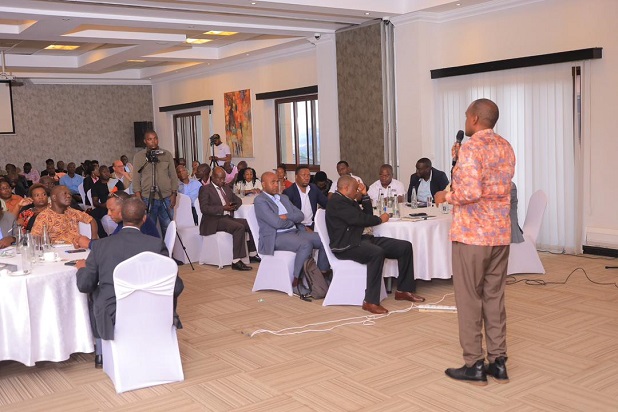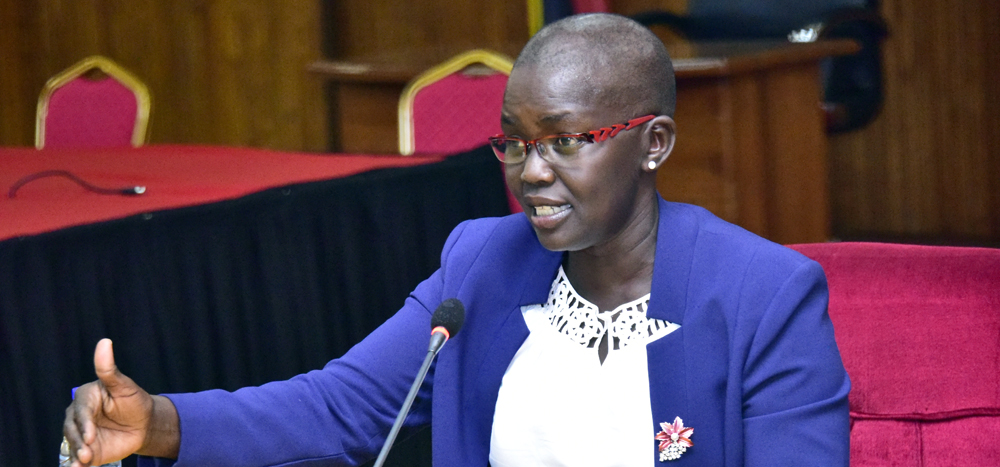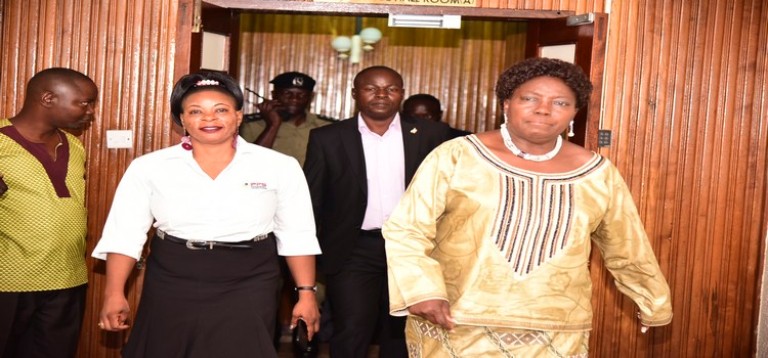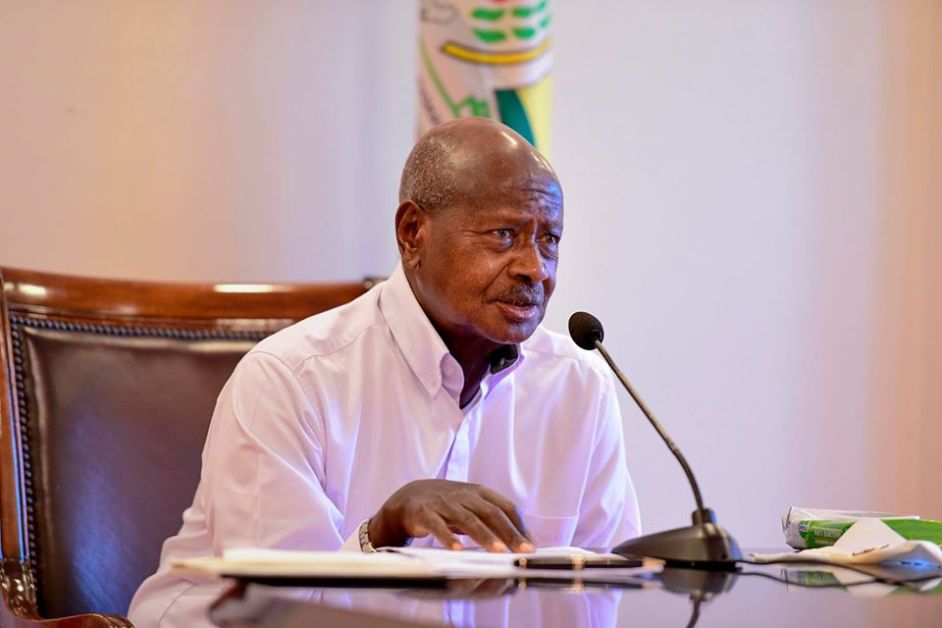Frank Tumwebaze addressing coffee stakeholders on Friday in Kampala.
The Ministry of Agriculture, Animal Industry, and Fisheries (MAAIF), led by Minister Hon. Frank Tumwebaze, today held a meeting with stakeholders from the coffee subsector to discuss the European Union’s (EU) new Deforestation Regulations, which will come into effect this year. These regulations require strict compliance to maintain Uganda’s coffee exports to the European market, one of the country’s largest trading partners.
The meeting, held in Kampala at Mestil Hotel, saw active participation from representatives of the Uganda Coffee Development Authority (UCDA), farmers, processors, and other key players in the coffee value chain, alongside officials from the European Union. The discussions focused on preparing Uganda’s coffee industry to meet the EU’s stringent standards, particularly concerning traceability and deforestation-free supply chains.
In his opening remarks, Hon. Frank Tumwebaze emphasized the government’s commitment to supporting the coffee sector in navigating these new requirements. He recognized the complexities of public policy but reiterated that clear strategies and collaboration would ensure Uganda’s coffee remains competitive on the global stage.
The EU Program Manager, speaking on behalf of the European Union, clarified that the goal of these regulations is to protect the environment while ensuring that African coffee producers, including those in Uganda, continue to access the European market. He stressed the importance of farmer registration and robust traceability systems to comply with the new standards, encouraging stakeholders to expedite these efforts.
Mr. Odrek Rwabogo, Chairman of the Presidential Advisory Committee on Exports and Industrial Development (PACEID), echoed the importance of accurate data collection and its role in maintaining market reliability. He highlighted challenges in the collection and management of agricultural data across sectors and called for a concerted effort to strengthen these systems.
One of the key takeaways from the meeting was the urgent need to register 500,000 coffee farmers by the end of the year. This process, essential for meeting the EU’s traceability standards, will involve close coordination between MAAIF, UCDA, local governments, and other stakeholders.
The meeting concluded with actionable plans to create awareness about the regulations, register farmers, and ensure compliance through improved data management systems. Hon. Tumwebaze assured stakeholders of the government’s full support as they work towards meeting the EU’s requirements and safeguarding Uganda’s coffee exports.
This engagement marks a crucial step in maintaining Uganda’s strong position in the international coffee market and ensuring that the livelihoods of coffee farmers are protected under the new EU regulations.





